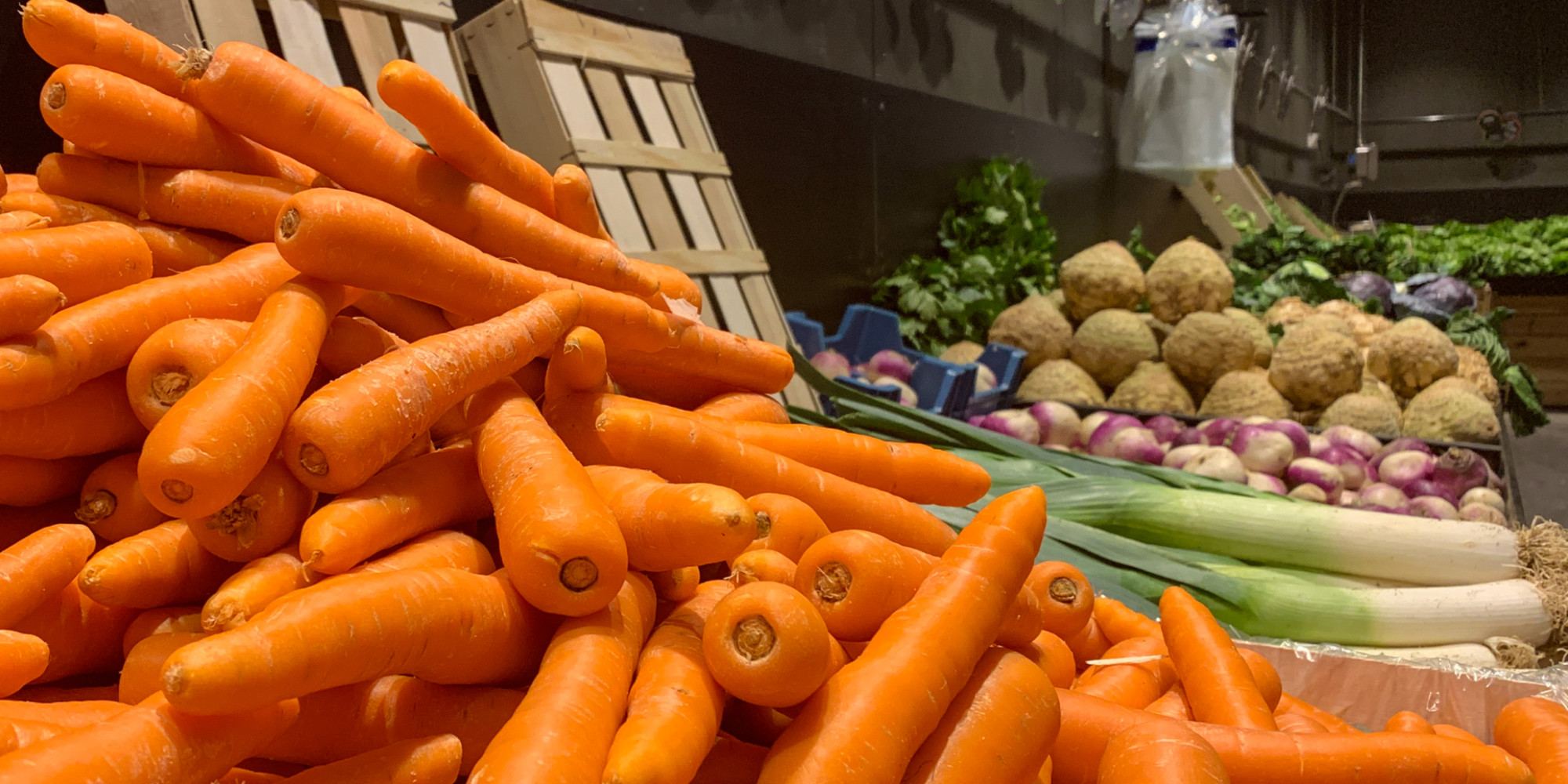Short circuits, local production: the French seem to stick to good consumption habits taken during confinement.
But is it so easy to eat 100% French?
Between food education, higher cost and identification concerns, consumers may not find their way there.
A fad or a real click: the French seem ready to change their consumption and eating habits.
According to an Ipsos poll published last April, 63% of them are ready to opt for as many local products as possible, in order to support the economy.
Short circuits and local production are popular, but these new resolutions sometimes clash with reality.
"Producing in France is more expensive, we can deplore it but we must start by observing it", assures Olivier Dauvers, journalist and author, specialist in mass distribution.
In fact, eating 100% French can be complicated.
A higher cost linked to production, but ...
In fact, we find higher production costs in France than in other countries of the European Union or the world.
"Depending on social and environmental standards, we have more expensive products," explains the vice-president of young farmers, Baptiste Gatouillat.
"Labor costs cannot be offset by logistics costs, we are in direct unfair competition".
However, according to the Rural Family association, consuming French fruits and vegetables, respecting the seasonality, would be 1.25% cheaper in 2019. "It's a question of choice and civic engagement", adds Edouard Bergeon, documentary filmmaker and director of the film
Au nom de la terre
, which tells of the suicide of his farmer father.
"Buying is voting, we are what we eat. We must not be judgmental, but we must be attentive to seasonality, to labels."
>>
Find all the shows of La France bouge in replay and podcast here
Despite the sometimes higher price of products, "Made in France" seems to be preferred by consumers.
"This is a fundamental trend that must be linked to a sociological phenomenon which consists in saying the closer it is, the better it is. This is not necessarily true, but in the imagination if it is local , it's better ", decrypts Olivier Dauvers.
Better identification to guide consumers
"We must allow consumers to help farmers. There is a terrible hypocrisy about the origin. We know when it is French because there is a big flag on it, we do not know when it comes from elsewhere because it is written very small on the back of the package. Sometimes it is even worse because it is cooked in France, it is French, while the raw material comes from elsewhere ", continues the journalist Olivier Dauvers, who leads the "Balance your origin" initiative, in order to better identify the products purchased by the consumer.
"When we know the information, we are ready to put a little more. Identification works," says Edouard Bergeon, citing the example of a new logo in Quebec for local agricultural products, decided jointly between the farmers and the authorities, for better identification.
An initiative that has doubled sales.
>> READ ALSO -
"Our purchases make our jobs": the call of the president of the FNSEA to consume French
To improve information, mass distribution has a role to play.
Indeed, consumers make two-thirds of their purchases there.
"We must go in this direction. We must help the consumer to navigate," says Michel Biero, executive director of purchasing for the Lidl brand.
"I banned the 'EU' origin from my packaging. We are calling all suppliers to change it. It is not easy, but we must do it. If we want to continue to eat French it We have to better pay the breeders, the agricultural world, otherwise we will lose them. "
Collective food, an important issue
Another area where French food can still progress: collective catering.
"In supermarkets, in fresh poultry, 95% of the chicken sold is French. When you go to eat an out-of-home chicken, 80% of the chicken is foreign and you don't know it", assures Olivier Dauvers, taking the example of poultry.
>> READ ALSO -
Guillaume Canet: "CultivonsNous.TV gives a voice to farmers"
"Out-of-home catering is very important, this is where food education must be provided. In out-of-home catering, in canteens, you have a budget to keep," laments Baptiste Gatouillat, vice-president. president of young farmers. "When you have to make a meal for 2.50 euros, it's possible [to buy French products,
note
], but it's more difficult, it takes time. It's an education that we must to have, to say to ourselves we can do with a little less meat, of better quality ". Olivier Dauvers, at the head of a think-thank for agriculture, thus pleads for the inclusion of food education in the national education program, like the driving license.

